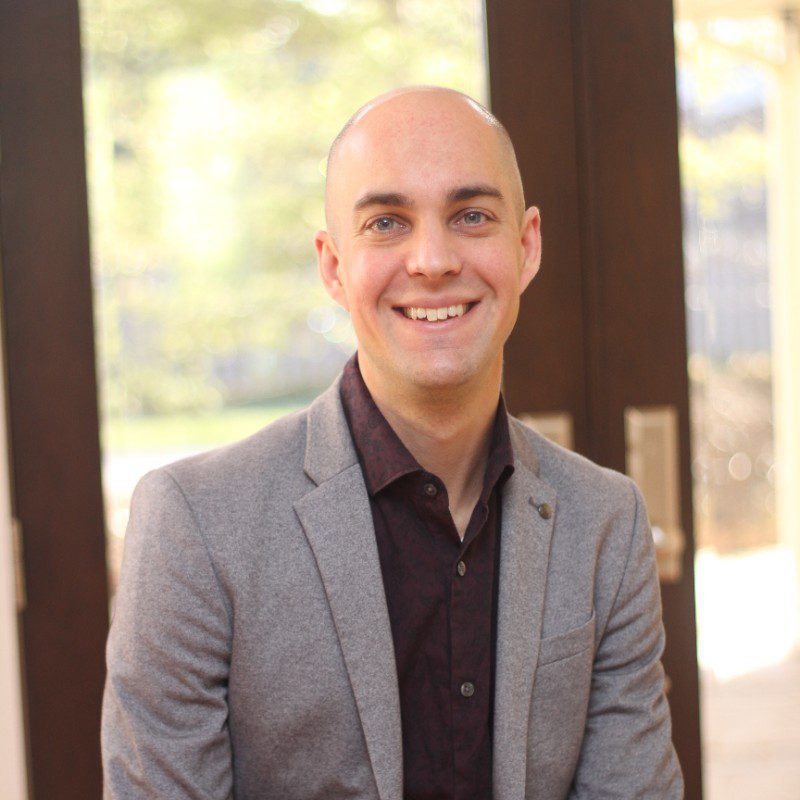Team calls for better physician licensing system to address medical care in Space

By Justin Zadorsky, Western News
As a result of an exponential increase in Space travel in recent years, one of the many important questions facing the global community is around what rules and laws govern Space?
Now, a team of researchers at Western University are focusing in on one crucial piece of the puzzle: who can practise medicine in the final frontier?
The researchers say it’s a fair assumption that a licensed medical doctor on Earth should be able to transfer their licence into Space on a crewed mission. But it’s actually not so simple, according to Western Law professor Valerie Oosterveld.
“Physicians in Canada practise under provincial licences, allowing them to practise medicine in support of patients in the province in which they are licensed,” she said. “These provincial licences do not cover areas beyond the province, which includes Space.”

Dr. Adam Sirek
Schulich School of Medicine & Dentistry
Oosterveld has partnered with Schulich School of Medicine & Dentistry professor Dr. Adam Sirek to examine possible solutions to the licensing dilemma. Together with students Valerie Nwaokoro and Alex Zhou, a third-year medical student at Schulich Medicine, they have published an article in the journal IEEE Open calling for an improved licensing system that would not only benefit Canadian Space travel but could also influence medical practice back on Earth.
The group has found that the current restrictions on physicians providing medical care to Spaceflight participants are similar to the limitations faced by physicians in Canada providing healthcare in remote communities, military bases and through out-of-province telemedicine.
They recommend that Canada improve its licensing framework to address restrictions on providing medical care and include new provisions that allow Canadian physicians to practise medicine in Space or from Earth to assist spaceflight participants.
Conclusions from the pandemic
Sirek said that lessons learned from the COVID-19 pandemic played a large part in the conclusions in the paper.
“The pandemic highlighted some of the challenges of a minimally portable medical licence for many healthcare providers, not just physicians,” said Sirek. “The lengthy and often expensive process of obtaining a licence to practise in a new region can delay the effective shifting of trained resources and healthcare workers from one zone to another to support during a crisis such as a pandemic.”
According to Sirek and Zhou, the previous system existed because of regionalized care provisions and minimal exposure to large-scale medical events such as a pandemic. Now the requirements of Space travel and tourism are shining an even brighter light on the limitations of the current system.
Zhou said that the idea for a national licensure system not bounded by provincial jurisdiction is gaining traction elsewhere in the world.
“This is not without precedent. Australia transitioned to a national licensure system in 2010. A national licensure for Canada would also need to include Space as a potential jurisdiction. More recently, the Canadian Medical Association has been pushing for a single licensure system as well,” said Zhou.
Nwaokoro, co-author of the paper and a juris doctor candidate at Western Law, said the territorial structure of Canada’s licensing system is the biggest concern when it comes to legal frameworks for practising medicine in Space.
“Space is not a ‘territory’ in the way a province is, so the framework does not apply to it. The only real alternative for Canadian physicians wishing to provide support to patients in Space is to ask for special permission, but that still does not make it ‘legal,’” said Nwaokoro.
Space activities are increasing quickly and Canada is playing a major role. It is a key member of the Artemis Program, a partnership led by NASA with a goal of taking humans back to the Moon in 2025.
NASA is also planning on sustaining a human presence on the Moon following those missions. Traditionally, Space-faring nations have relied on collaboration when it comes to creating medical frameworks in Space.
“We saw the establishment of multilateral medical bodies that set common medical standards and who make collective decisions on how to best preserve the health of those travelling to the International Space Station. That said, privatized Space travel is different,” said Nwaokoro.
Private industry is getting involved in space exploration with the planning of private space stations, space hotels, space mining projects and other aspects of an economy between the Earth and Moon.
With space exploration on the precipice of exploding, solutions for a more reliable licensing system and cohesive frameworks for medical care in Space will become imminently crucial.
For Oosterveld the time is now.
She foresees Canada’s involvement in Space exploration only increasing.
“For each of these missions, physicians are needed to monitor humans in Space, and therefore it is likely that physicians in Canada will become increasingly involved,” she said.








